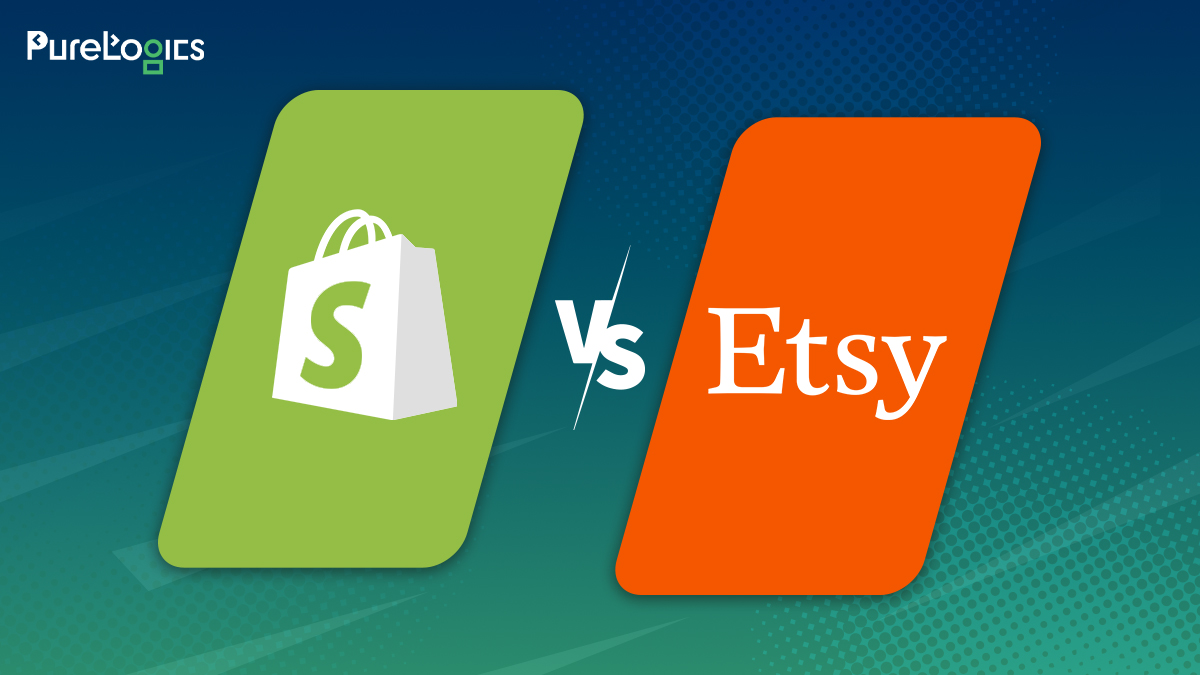“You Should Be Taking This Technology As Seriously As You Should Have Been Taking The Development Of The Internet In The Early 1990’s.”
Although there continues to be some skepticism surrounding the future of cryptocurrency trading, blockchain technology promises to drive innovation and change the game in years to come.
Blockchain, the new emerging technology, as you may have heard, is capable of actualizing a number of important technological breakthroughs. Put simply, it’s a vast, globally distributed, cryptographically secured transaction ledger that maintains identical copies across each member computer within a network.
Bitcoin Was Just the Start
There has always been hype about bitcoins, but don’t let the zeitgeist fool you. People need to understand the difference between blockchains and bitcoin. The revolutionary aspect of bitcoin is not the currency itself, but the technology that underpins it.Cryptocurrencies like Bitcoin rely on the blockchain to conduct transactions. We’re going beyond Bitcoin and developing applications that might reshape democracy, economics, advertising, and more.
How Do BlockChains Function?
Blockchain stores transaction data in blocks that are connected by a chain.All the blocks in the blockchain have their own unique hash for identification, are of limited size, and are linked together by pointing to their previous block.
Anyone from anywhere can review data entries in one block and record new ones in another block. The blocks and the contents within them are protected by powerful cryptography, which ensures that previous transactions within the network cannot be either forged or destroyed. In this way, blockchain technology allows a digital currency to maintain a trusted transaction network without relying on a central authority.
BlockChains’ Enticing Promises
Ross-Border Payments
Blockchains are a real-time, guaranteed, and fast alternative to typical remittance, which might cost as much as 20% of the transfer amount. Blockchain may allow for costs as low as 2%.
Smart Contracts
Blockchain has replaced the central authority required to validate a contract between two counterparties and relies on a digital code to confirm transactions. It oversees all aspects of an agreement, from facilitation to execution. After all the required conditions are met, smart contracts can be entirely self-executing and self-enforcing.
Identitity Management
Blockchain technology has transformed the way that online identity management works by offering an unbreakable level of security through independent verification processes that take place on each member computer on a blockchain network. In cases involving digital currency, this verification is used to approve transactions before they are added to the chain.
Transparency
It’s transparent. All the information is visible to everybody, and it makes use of “zero-knowledge proofero-knowledge proof.” The zero-knowledge proof reveals the truth of a certain statement without revealing any additional information beyond what it is trying to poof. so it saves you the unnecessary details.
Versatility
A blockchain network could be used in real estate (real and virtual), package delivery, smartphones, elections, and much more. So it’s not only limited to cryptocurrencies.
Blockchain Will Disrupt a Wide Range of Industries
Top ten industries most likely to be transformed by blockchain in the next five years:
- Financial Transactions
- Micro-payments
- Banking
- Supply Chain
- Crowdfunding
- Securities Trading
- Voting
- Healthcare
- Cloud Storage
- Virtual Property
- Education and Academia
- Ride-Sharing Industry
- Shipping and Logistics
- online music industry
Top factors hindering blockchain adoption:
The blockchain is in its infancy
Futurists believe that the current state of the blockchain era is reminiscent of the dot-com boom in 1997. Given the historical similarities, blockchain still lacks most of the key infrastructure and tooling to build applications, let alone good user experiences.
Speculation
Digital currencies are extremely risky. Investors perceive cryptocurrency as a speculative investment, which might kill the innovative nature of blockchain development. When investors lose confidence, a very volatile price evolution and possibly a price collapse are expected if the supply dries up.
Lack of awareness
According to research, nearly three-quarters of people say crypto-asset wallets and crypto exchanges are difficult to use. The need is to provide a user-friendly interaction and to create more education and awareness.
Regulation
One major setback is the world’s regulatory policies toward cryptocurrency. Unfortunately, agencies are not ready for an ever-changing system, so many are in a state of disagreement. So much so that a few countries have outright banned blockChain.
The EU has taken a firm stance on data privacy, implementing stringent regulations that have notable implications for blockchain.
Scalability
Scalability of the blockchain is a big question mark, and there are more questions than answers; however, there is a high chance that this issue will be resolved in 4-5 years to come.
Mining complications
Because of some shortcomings of Bitcoin and other cryptocurrencies, there is a perceived negative environmental impact of the blockchain. It is because of bitcoin’s mining process that it requires a “proof of work” to validate transactions.
Proof of work is a mathematical algorithm that is essential to validating transactions in the Bitcoin blockchain and consumes huge amounts of computational power and energy, close to what Denmark consumes annually. Ether uses the concept of “proof-of-stake,” which is energy efficient, while the cryptocurrency Ripple does not require mining.
Unproven Value
Many investors still do not recognize the value and capabilities of blockchains and are reluctant to invest in them.


 [tta_listen_btn]
[tta_listen_btn]
 August 6 2018
August 6 2018






